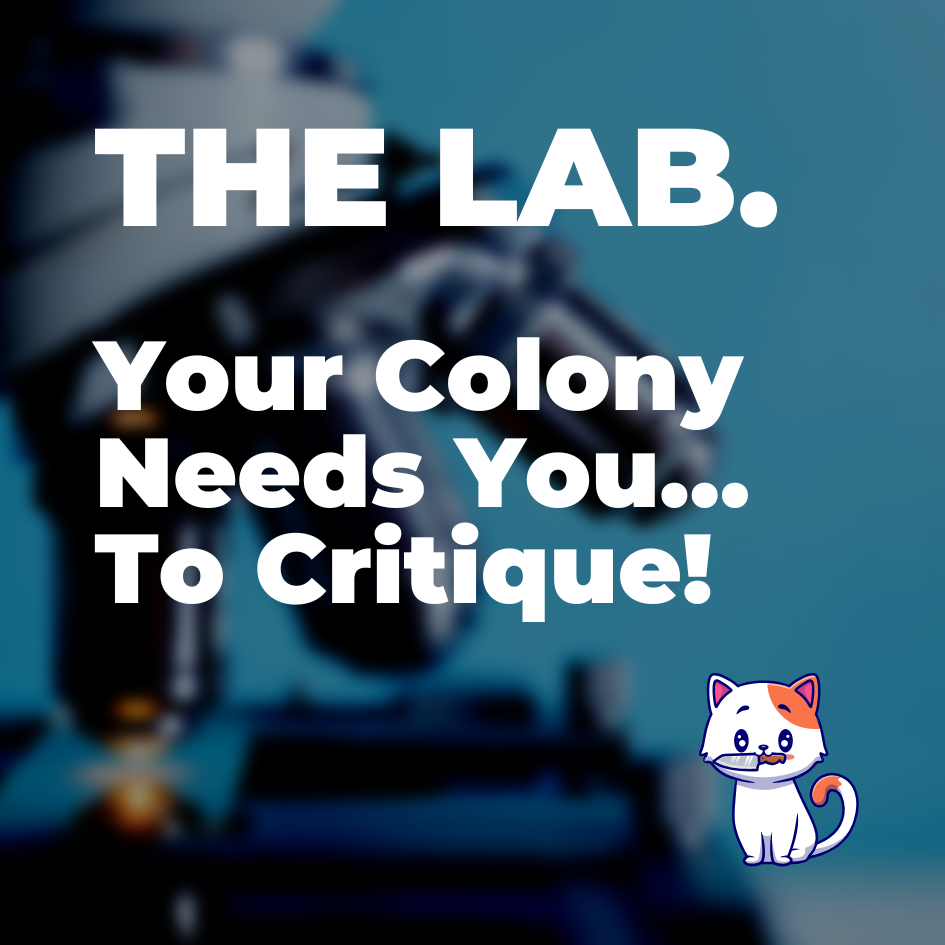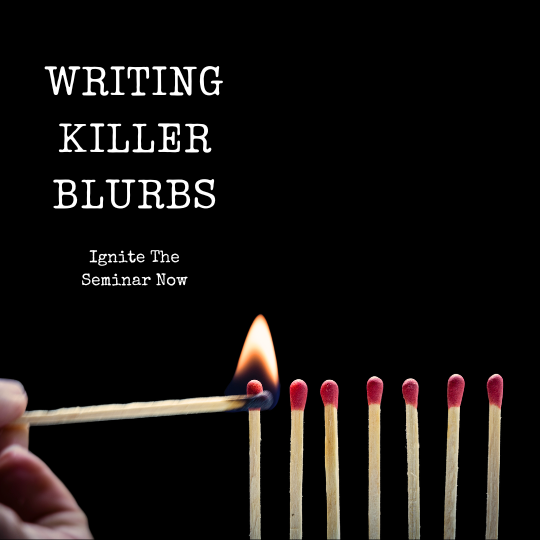AnnieSummerlee
Full Member
(actually just a few)
Hi everyone.
So, a few weeks ago I finished my wee sci-fi book, and I’ve been letting it rest because I know starting revisions right away is a bad idea. I also sent it into a mentoring contest (after some small edits, because why not) and I’ll hear back from that on the 14th...but the last few days I’ve been wondering what my next step should be. I have a few ideas of things that are missing/need to be improved, so I’ll work on those now, but once that is done, should I...
1) print it and do a proper ‘edit’ (this is what I’ve done with previous manuscripts), then send it to beta readers
2) readers first, print later? I’m thinking this might be the better option because I’ll probably have to do bigger changes after getting feedback, and it will save me the cost of printing it twice...
I’m also very curious as to everyone’s editing/revision processes.
Ta
Annie
Hi everyone.
So, a few weeks ago I finished my wee sci-fi book, and I’ve been letting it rest because I know starting revisions right away is a bad idea. I also sent it into a mentoring contest (after some small edits, because why not) and I’ll hear back from that on the 14th...but the last few days I’ve been wondering what my next step should be. I have a few ideas of things that are missing/need to be improved, so I’ll work on those now, but once that is done, should I...
1) print it and do a proper ‘edit’ (this is what I’ve done with previous manuscripts), then send it to beta readers
2) readers first, print later? I’m thinking this might be the better option because I’ll probably have to do bigger changes after getting feedback, and it will save me the cost of printing it twice...
I’m also very curious as to everyone’s editing/revision processes.
Ta
Annie




